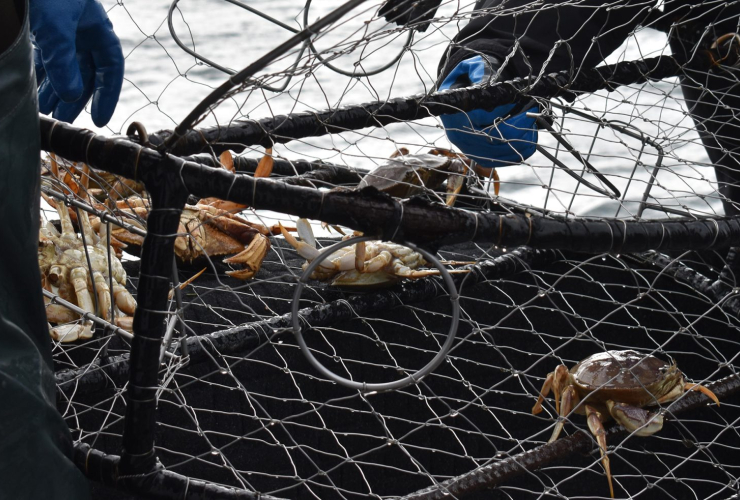‘Very bad precedent’: China and Russia team up to undermine krill fishing restrictions in Antarctica
Conservationists warn actions and ambitions of two super powers could lead to overexploitation of vital food source for whales, penguins and seals
















